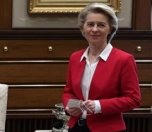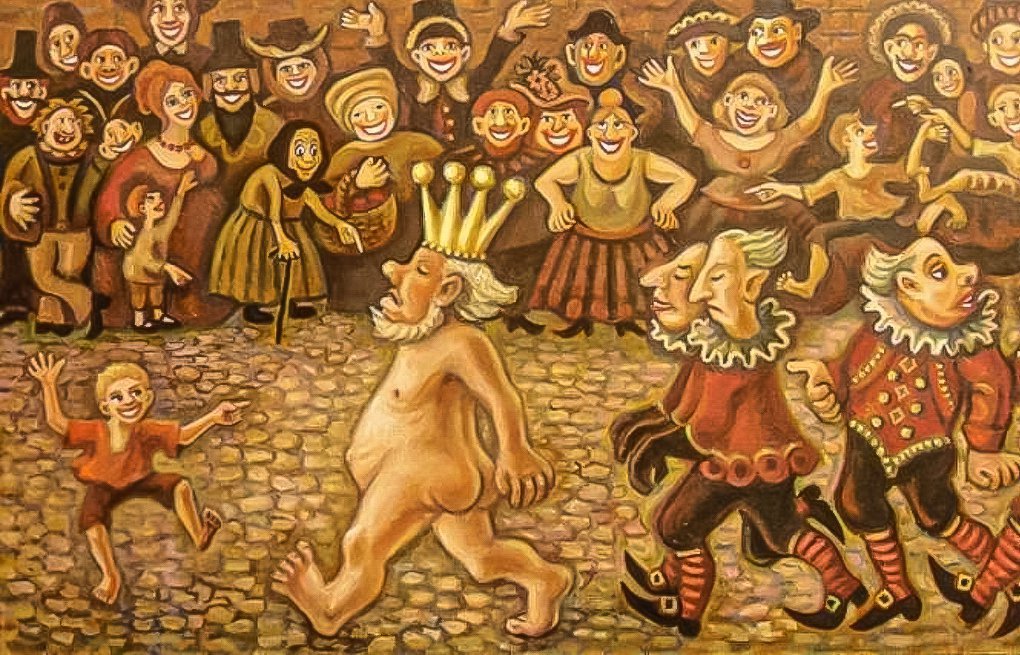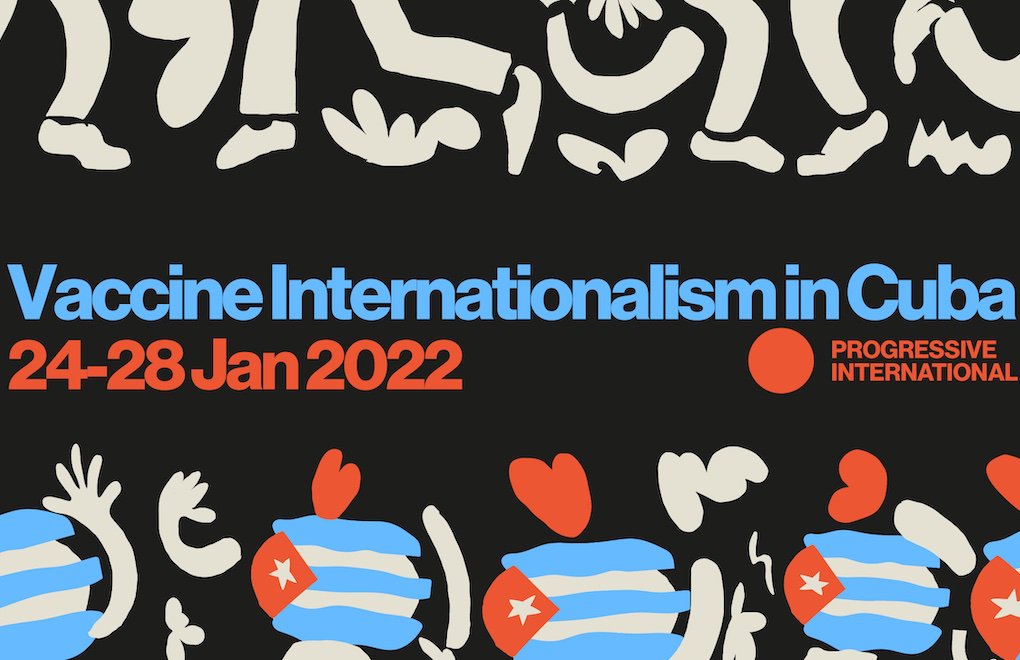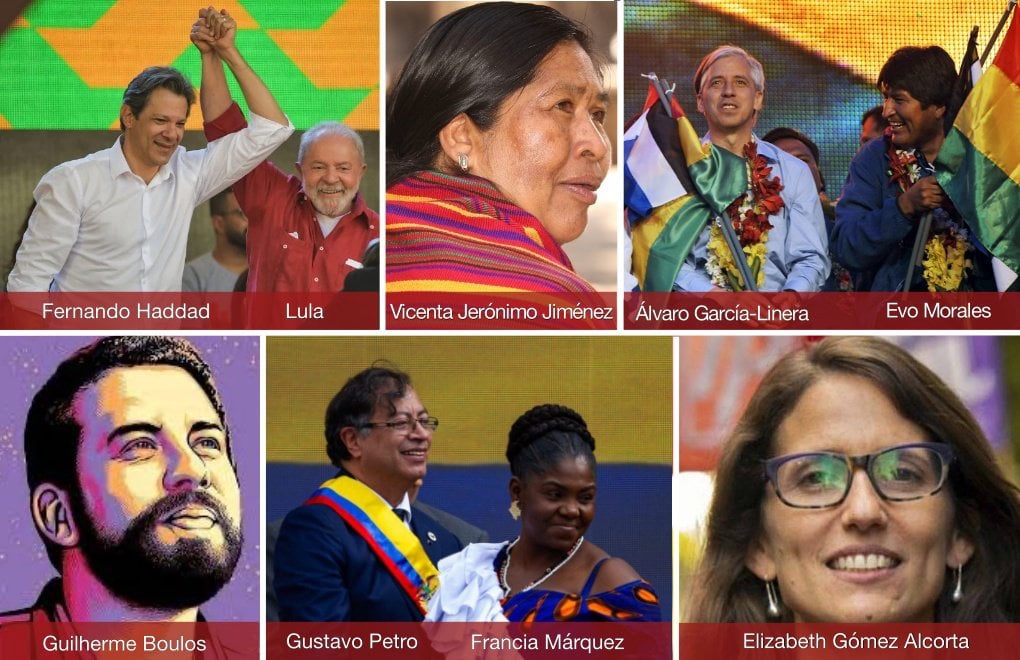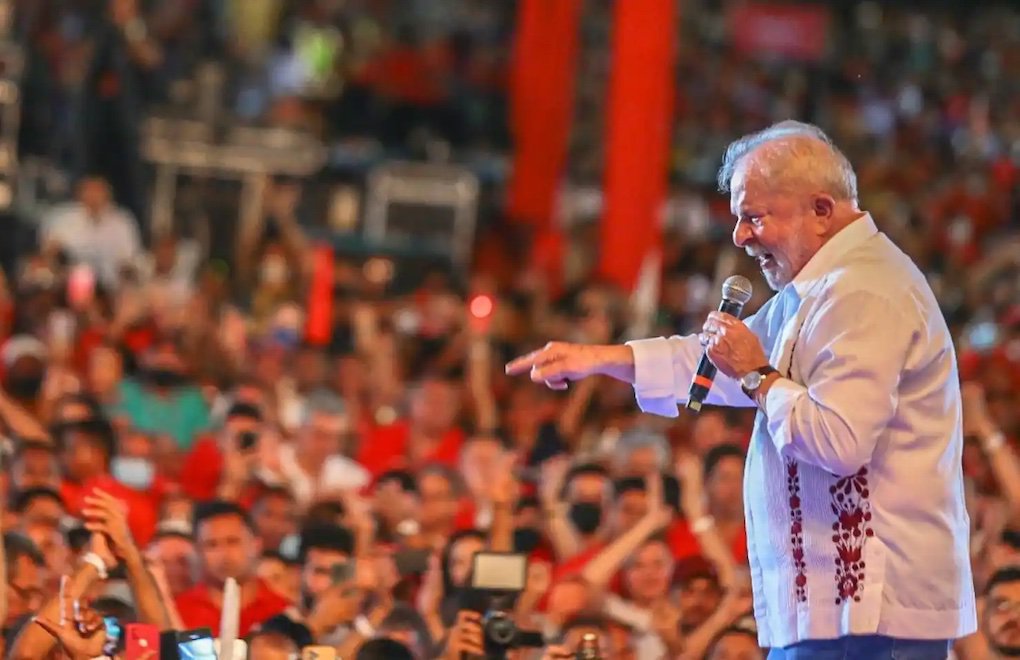Click to read the article in Turkish
*This article was published in Yeni Yaşam newspaper on April 9, 2021, and translated into English by bianet editors.
It is said that "Deeds speak louder than words." The treatment European [Union] Commission President Ursula von der Leyen received from Erdoğan during his reception of the EU delegation nullified all formal statements once and at all: The anchor of the Turkey-EU relations is not rights, not women's rights in particular but money and power; women and their rights would suffice with their leftovers.
The EU delegation visiting Turkey on Tuesday for restoring the relations was composed of EU Commission President Ursula von der Leyen and EU Council President Charles Michel, who represent two institutions of equal power in the EU hierarchy — in a sense, we can call them the EU co-presidents. From their statements, it is understood that there was no division of labor between the two and they raised the issues according to the priority order of the decisions at the EU Council's March 25-26 summit.
The EU proposed "a three-pronged agenda consisting of economic cooperation, migration, and people-to-people contact and mobility," said Michel following the meeting. Had he mentioned rights? Of course, he had, but first things first: He first mentioned "Eastern Mediterranean, then Cyprus and Greece, then Syrian migrants, then human rights, prisons and withdrawing from İstanbul Convention." This was how Michel listed priorities in his own report.
Ursula von der Leyen said they addressed "Turkey-EU relations in four areas in depth." In order: "Economic ties and 'Customs Union,' high-level dialogues in the context of the climate crisis and COVID-19; people-to-people contact and mobility; Syrian migrants, combating trafficking et cetera." After all these, of course, "İstanbul Convention, human rights, negativities in this field, etc."
Erdoğan's spokesperson İbrahim Kalın, on the other hand, said the AKP member President reiterated the "full EU membership perspective." Erdoğan has proposed an "Eastern Mediterranean Conference," told his counterparts "Don't interfere with the trials" and explained the benefits of withdrawing from the İstanbul Convention: "Much more effective results in combating violence against women" were going to be achieved.
While von der Leyen's statements mostly made the headlines in the news, it was clear that the talks were not held in this atmosphere. The statements of the EU delegation reflect not a real confrontation but the concern of avoiding the intense criticism from Europe for presenting "a gift to Erdoğan" with this visit. Ursula von der Leyen's words that made the headlines, "human rights cannot be negotiated," was not said to Erdoğan during the talks; von der Leyen instinctively answered journalists who asked whether the ECtHR's decisions for the release of Demirtaş and Kavala were on the agenda but this doesn't change the fact that the issue of rights was the last in the order.
In the light of the talks, it is possible to say that Brussels and Ankara are moving away from the relationship order between the EU and its "candidate member." While the relations with the EU are still under "candidate membership" legally, it is tacitly moving towards "privileged partnership." This is a type of allied relationship that Germany and France have advocated as the "most possible" relationship between Turkey and the EU since the beginning and that consists of binding criteria and liabilities. Erdoğan's mention of "the goal of full membership" does not reflect a will towards that direction, it expresses his cunningness of not losing the current legal ground.
It is also a known secret that Brussels is also aching for relations with Ankara getting rid of the limitations of the "Copenhagen Criteria" and moving towards lucrative topics. The "69.8 billion Euro exports" and "58.5 billion Euro direct investment" that High Representative of the European Union for Foreign Affairs and Security Policy and European Commission Vice-President Josep Borrell mentioned in the report that he submitted to the March 25-26 summit for "a clean slate" with Turkey is one side of the coin. On the other side of the coin, there is the profit transfer flowing into the EU as the benefit of the 73 billion Euro of imports, which makes 33.4 percent of Turkey's total imports, and foreign investments. The real question in the mind of the EU elites is: Why break away from this lucrative market because the Erdoğan regime can't comply with the Copenhagen Criteria? Why continue this schizophrenia where the market realities are talked about inside and the utopia of "rights" is talked about outside?
Friedrich Naumann Foundation Turkey Representative Dr. Ronald Meinardus summarized the contradicting results of the state of affairs with rhetoric: "Berlin, in particular, is very concerned about the military escalation of the Turkish-Greek tensions and uses all its political and diplomatic power for mediation in this process. Considering the progress made in the Turkish-Greek dialogue and the calmness in the Eastern Mediterranean, this is actually a very successful strategy in terms of foreign policy. But for those who are in prison in Turkey for political reasons, this is not a very good perspective."
The treatment that Ursula von der Leyen was subjected to at Erdoğan's palace is the very response to this policy. If you accept to put money and security in front of the breach of rights under your guarantee, if you move away from the aggrieved, you have paved the way for the breach of your own rights and respectability. All you can do is nothing but sighing "Ehm!" You suffice not with the degree of respect you expected but the respect you are offered! (EK/VK)




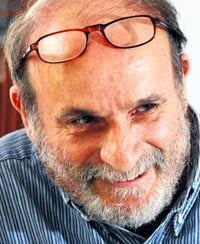
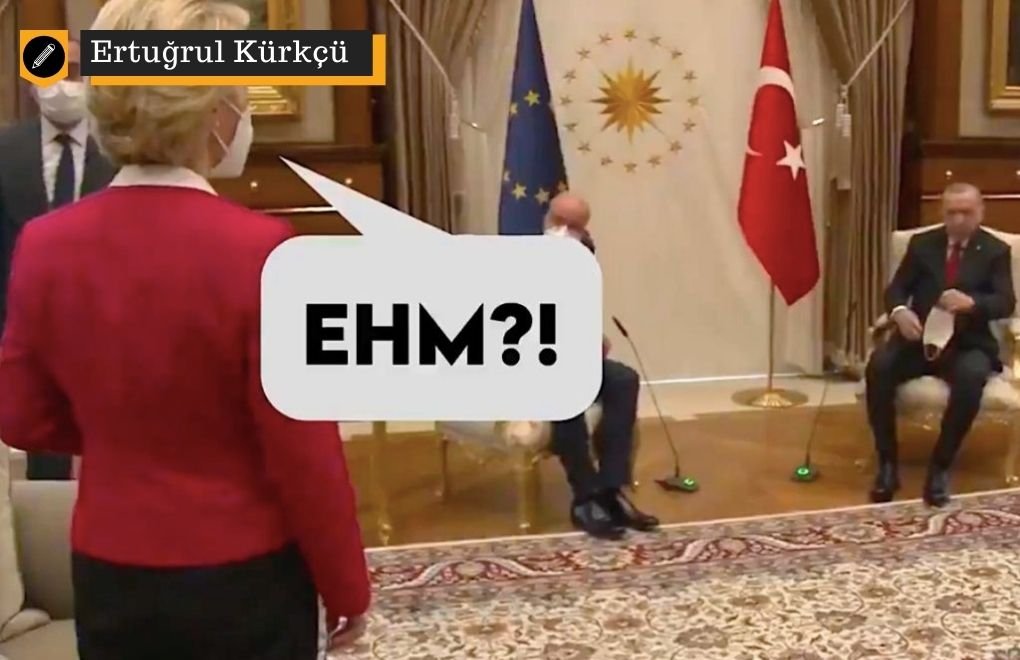
-132.jpg)
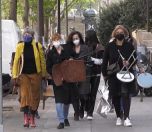
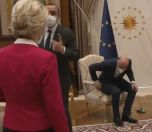
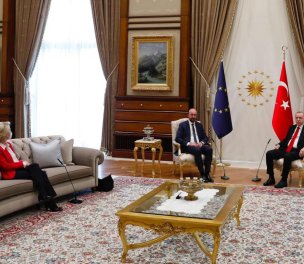

s.jpg)

